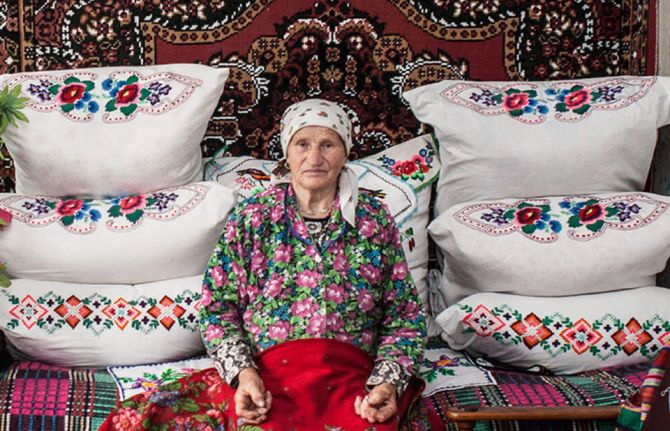

Feature Story
UNAIDS—a leading organization for gender equality
13 March 2020
13 March 2020 13 March 2020A report on the progress made over the past 12 months by organizations active in the health sector to implement policies that promote gender equality, non-discrimination and inclusion in the workplace has once again rated UNAIDS as a “very high scoring” organization.
UNAIDS is one of only 13 out of the top 200 global health bodies—funders, nongovernmental organizations, corporate organizations and others with a presence in at least three countries—to be designated as very high scoring. A further 27 organizations were “high scorers”.
“I’m proud that UNAIDS is seen as gender-responsive and inclusive,” said Winnie Byanyima, Executive Director of UNAIDS. “But we must continue to build on these results—we’ve still got a long way to go.”
Researchers assessed the gender and geography of global health leadership, and the availability of gender and diversity policies in the workplace. The report also assessed whether organizations address the crucial role of gender in their health investment programmes and the health priorities they address.
While identifying some progress towards gender equality across the 200 organizations surveyed, the report warns that the pace of change is too slow, estimating that it will take more than 50 years to reach parity at the senior levels of global health organizations.
“Many of the 200 organizations we reviewed are falling short on the equality measures that they purport to uphold. More than 70% of the chief executives and chairs of boards are men, while only 5% are women from low- and middle-income countries,” said Sarah Hawkes, co-founder of Global Health 50/50 and Professor of Global Public Health at University College London.
Power, privilege and priorities is the third Global Health 50/50 report. Previous Global Health 50/50 reports have also found UNAIDS to be a gender leader, being rated in the top nine out of 140 organizations in 2018 and in the top 14 out of almost 200 organizations in 2019.



